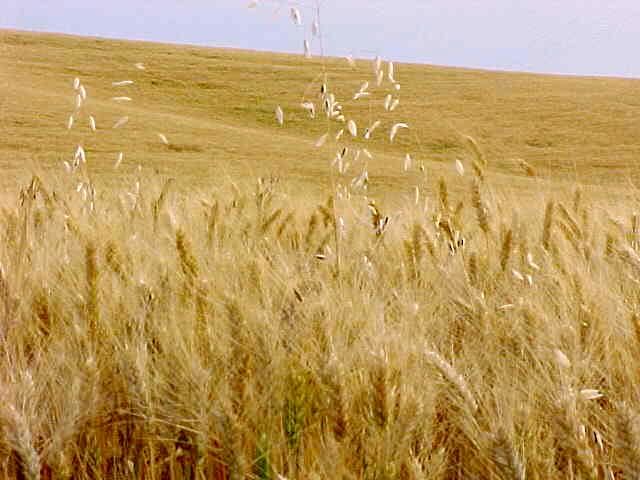
Here is an outline to use for putting a non-fiction book proposal together. You can get ideas for fiction proposals here: Pub Rants. If you need help with publishing or book marketing, contact me: thepublishingguru(at)gmail.com
Title:
Subtitle:
Author:
Premise: [Provide a two- or three-sentence statement of the book’s central concept. Often this is worded as a problem and the solution the book provides.]
Benefits: After completing [title], readers will: [List the benefits or takeaway value readers will derive from the book.]
Features: [Explain how the book will deliver the benefits by listing the book’s unique features.]
Overview: The book is divided into [number] sections and [number] chapters.
The Manuscript
Manuscript Status: [State how much of the manuscript is complete.]
Anticipated Length: [number] manuscript pages and word count (# pages x 300)
Anticipated Manuscript Completion Date:
The Market
Characteristics: The target audience for this book is made up of [Describe the demographic characteristics of the target readers, including age, sex, education level, etc.]
Motivations: [Describe the psychographic characteristics of the target readers, including the frustrations, desires, etc., that would motivate them to purchase and read the book.]
Affinity Groups: [List the groups of people, organizations, etc., who are likely to be attracted to the book.]
Differentiation: [Describe the main competition for the book and explain what distinguishes this book from them.]
The Author
Background: [Give a brief biographical description making sure to include information that establishes your credibility or qualifications to the write the book.]
Previous Writing: [List previously published writing, including the name of the publisher, the date of publication, and the number of units sold.]
Possible Endorsers: [List the names of people who are likely to provide a written endorsement of the book.]
Personal Marketing: [Describe what you can do to help the publisher promote the book.]
Chapter Outline: [Provide an annotated outline of the book. This outline should include section titles, chapter titles, and a two- or three-sentence description of each chapter’s content.]
Sample Chapters: [Attach two sample chapters that best represent the book.]
Use this book proposal template to tell publishers about your book and you should be in good shape.




